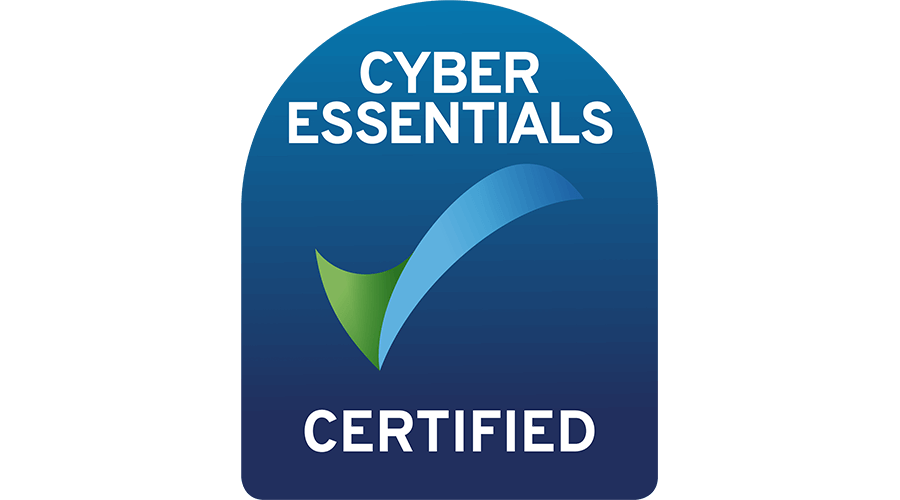starting a new business? don’t skip the budget.
Starting a business is a big, exciting step. It’s full of energy, new ideas, and let’s be honest … there may be a few surprises along the way. Before you get too deep into the hustle, there’s one thing you absolutely need: a budget.
Think of your budget as a financial roadmap. It helps you get your ducks in a row, avoid money drains, and make confident decisions as your business grows.
In this blog, we’ll walk through the key pieces of a startup budget, especially IT and security (because no one wants to deal with tech drama or cyber threats when you’re trying to build a business).
why budgeting matters
Let’s talk about budgeting. It’s not the most glamorous part of starting a business, but it’s one of the most important.
Here’s why a well-structured budget is your business’s best friend:
- Keep an eye on spending: Know exactly where your money’s going and find areas where you might be overspending. It’s like putting your finances under a microscope, in a good way 👀
- Want to expand or invest in new opportunities? Your budget helps you allocate funds where they’ll make the biggest impact 🌱
- Be ready for the unexpected: Life happens. Equipment breaks, customers pay late, or you need to pivot. A little cushion in your budget gives you peace of mind 🧘🏼♀️
- Secure Funding: Present a clear financial plan to potential investors or lenders. Show them you’ve got your financial ducks in a row, and they’ll be more likely to jump on board 💰
Get ready to conquer the business world!
key parts of a startup budget
Let’s break down the essentials of a strong startup budget:
- Initial Costs: These are the one-time expenses to get things off the ground. Think legal and accounting fees, initial inventory, branding, website setup, and more. Once you’ve handled these, you’re in business … literally.
- Operating Expenses: These are your ongoing, day-to-day costs. Office rent, utilities, salaries, marketing, subscriptions. Basically, everything it takes to keep your business up and running each month.
- IT and Security: Here’s the part too many startups forget and later regret. IT and cyber security should never be an afterthought. You need the right tools and protection from day one.
With your budget in place, you’re ready to launch confidently. Plan smart, stay secure, and give your business the best start possible.
budgeting for IT and security
In today’s world, your business runs on technology. So, you want it to be reliable, secure, and scalable. Investing in reliable hardware and software is crucial for productivity and efficiency.
Here are the essential things to consider:
hardware and software
💻 Computers and Devices: Invest in equipment that can handle your work without slowing you down.
⌨️ Software Licenses: Budget for essentials like accounting software, customer relationship management (CRM) systems, and project management tools.
☁️ Cloud Services: They’re great for storing data and collaborating with your team without needing fancy servers.
‼️ Make sure your IT and security are covered and give your business the strong start it deserves ‼️
cyber security
Security isn’t just for big companies 🙅🏽♂️
Startups are often targeted because they’re less protected.
Here’s what to include:
🛑 Firewalls and Antivirus Software: Your digital bouncers.
🛡️ Encryption: Keeps sensitive data safe and private.
📋 Regular Security Audits: Regular checkups to spot any weak points before someone else does.
IT support
Tech issues will happen. It’s just a fact. Having someone to call (who isn’t your cousin who “knows computers”) is a game-changer.
Consider:
🙋🏽 In-House IT Staff: Hiring in-house IT staff means bringing skilled professionals on board to manage your IT infrastructure. This option is usually better for more established businesses or those that have the budget to support an in-house IT team.
💁🏽 Outsourced IT Services: Partnering with a managed service provider (MSP) for comprehensive support is usually the best choice for startup businesses. They can handle all your IT needs without the hassle of hiring an in-house team, and of course will cost a lot less.
📚 Training: Educating your employees on best practices for IT security and data protection. Make sure they know how to spot phishing emails, create strong passwords, and avoid suspicious links. It’s all about turning them into cyber security pros! Your IT staff or provider will help you with this.
wrapping up
Starting a new business requires careful planning and budgeting. By including IT and security in your budget, you can ensure that your business is well-equipped to handle the challenges we face today. Remember, investing in technology and security is not just an expense; it’s an essential investment in the future success and stability of your business.
Let’s be real.
Thinking a member of your family is IT savvy and can help you in your hour of need isn’t going to help when you a re cyber attacked. Likelihood is, your brother “knows IT” the same way someone who watches MasterChef thinks they can run a restaurant.
When you’re starting a business, cutting corners on IT support and cyber security is a gamble you can’t afford. You wouldn’t dare go without insurance, so why risk your data, systems, and customer trust?
Cyber threats don’t wait, and downtime costs more than you think. Get the professionals in from day one.
We’re friendly, we speak human, and unlike your brother, we won’t disappear when your Wi-Fi dies at 5pm on a Friday.
Get your ducks ready! 🦆
Let’s get your business backed up and your peace of mind sorted. ☎ Reach out to Siarp today.
Happy budgeting, and best of luck with your new venture! 🍀



